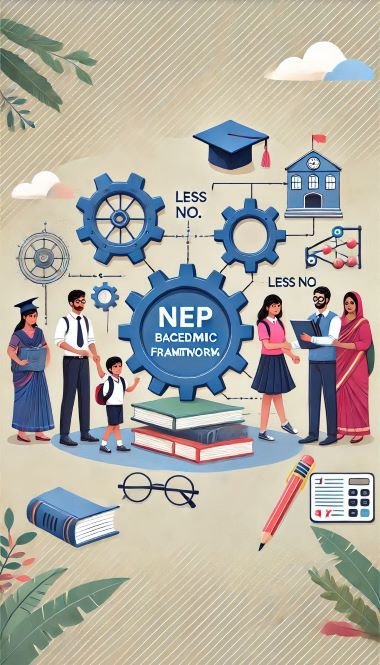Become a
Change Leader!
The current landscape of school education is marked by a multitude of challenges that hinder optimal learning outcomes for students. Pressing concern is the rigidity of traditional educational models that do not accommodate diverse learning styles.
Many students struggle to thrive in an environment that prioritizes rote memorization over critical thinking and creativity. Another significant issue is the disparity in resources available to schools, which often correlates with socioeconomic factors.
Early Success at it’s presence

NEP Based Academic Framework
Challenging Key Assumptions
In Early Success, A well-rounded interdisciplinary curriculum goes beyond the core subjects of mathematics, science, and language arts to real life problem solving, critical thinking, and emotional intelligence.
Our Core Philosophy
Practicable
EnvironmentDeveloping a practice environment through facility tools, games, and activities while creating interest for exceptional results
Experiential
InfrastructureCustomized curriculum, study material, context based content design, and involvement of domain experts for advanced delivery
Internalize
systemEffective workforce engagement, productivity, and collaboration, technology integration, and cultural change
